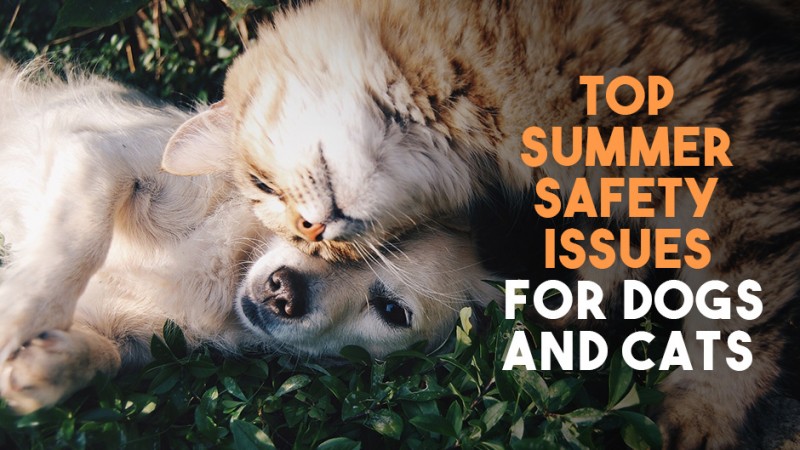The Physical and Mental Health Benefits of Having Pets

Pet owners believe that their lives are enriched by owning a pet, but did you know even the Centers for Disease Control (CDC) suggests that having a pet is good for you? Pet ownership and companionship can prevent you from feeling lonely, give you more opportunities for socialization, and give you a sense of love and pride from taking such good care of your pet. In fact, just petting your dog or cat can immediately lower your stress level!
Pets have been proven to lower anxiety and depression, especially for people who are prone to these mental health conditions or who have suffered through a traumatic event. One reason for this is that the presence of a pet changes a person’s focus from his or her inward thoughts to taking care of a dependent animal.
June Newsletter
CLIENT APPRECIATION PARTY
You and your family are invited to our annual Client Appreciation Party at the clinic on Friday July 27 from 3-7 pm. We had a great turnout last year on Friday evening, so we decided to try that again.
We will have free food and beverages and fun and door prizes and lots of things for kids to do. We are planning on having food in the garage and activities in a tent on the south lawn, so everything will be easy to find.
Of course, you are welcome to tour the clinic and see our most recent improvements and landscaping. Kids will be able to bring their stuffed pets and practice bandaging them. We may even have some special visitors from the Humane Society. You can also tour the dog park north of the clinic.
Everyone is welcome! Please bring the family, have some food and join in the fun. Please tell all your friends and neighbors!
The Top Summer Safety Issues for Dogs and Cats

Now that summer is finally here, you and your pet can spend more time outdoors enjoying all that the season has to offer. Like the other three seasons, summer presents unique safety challenges for our companion animals. The good news is that you can enjoy a wonderful summer with your pet by taking a few simple precautions recommended by our Lancaster Veterinary Clinic veterinarians.